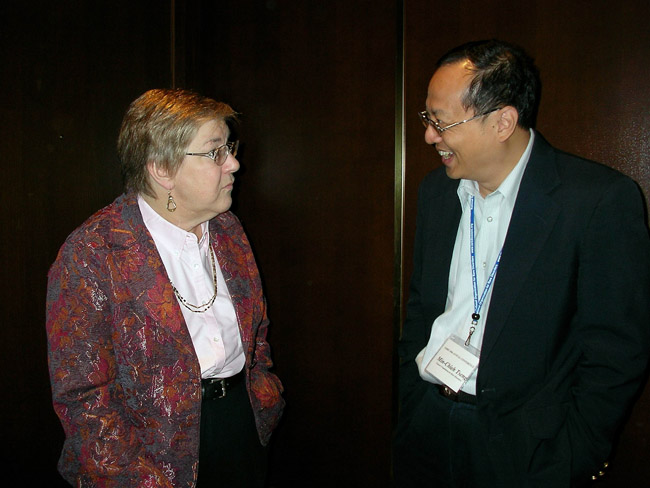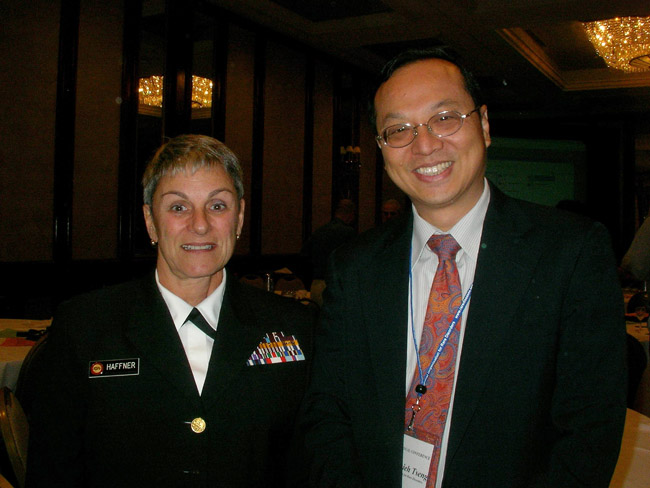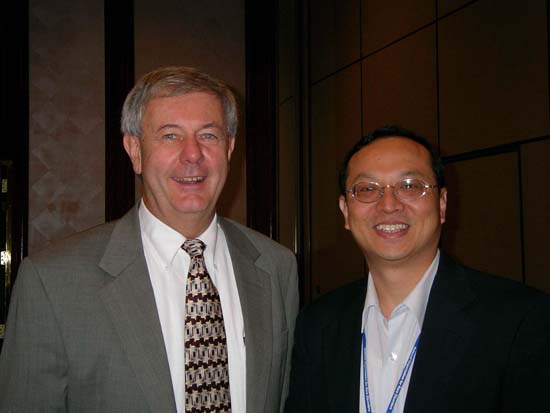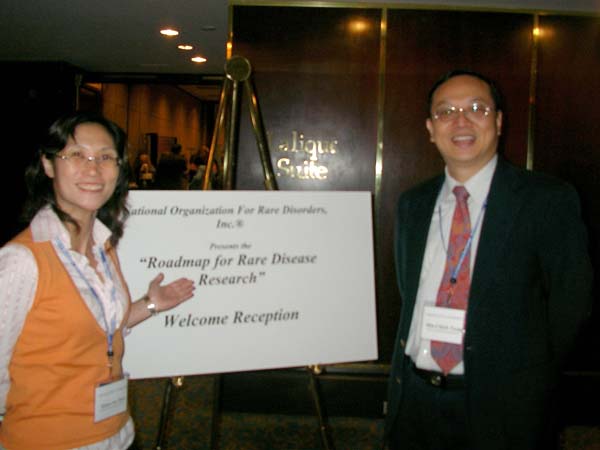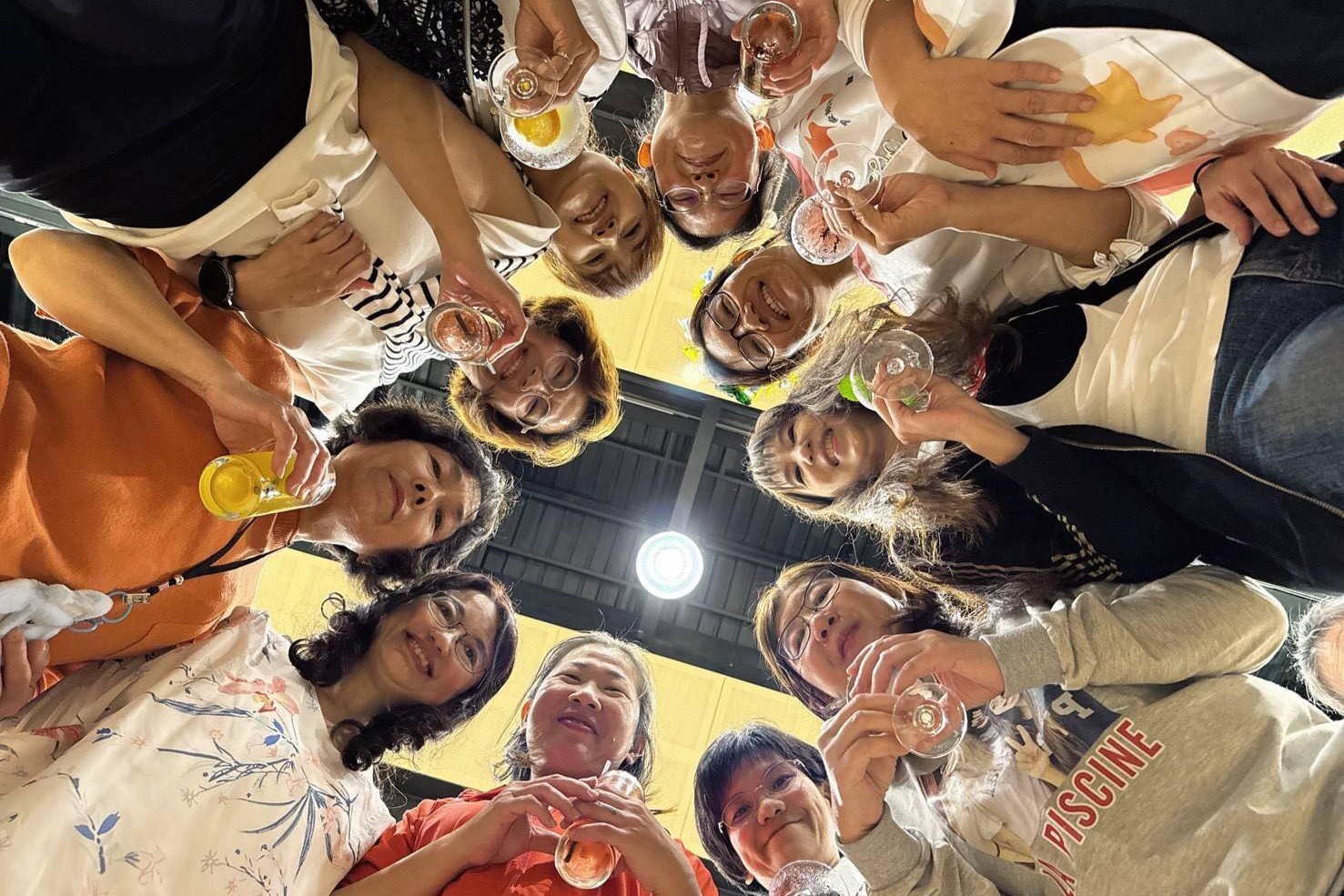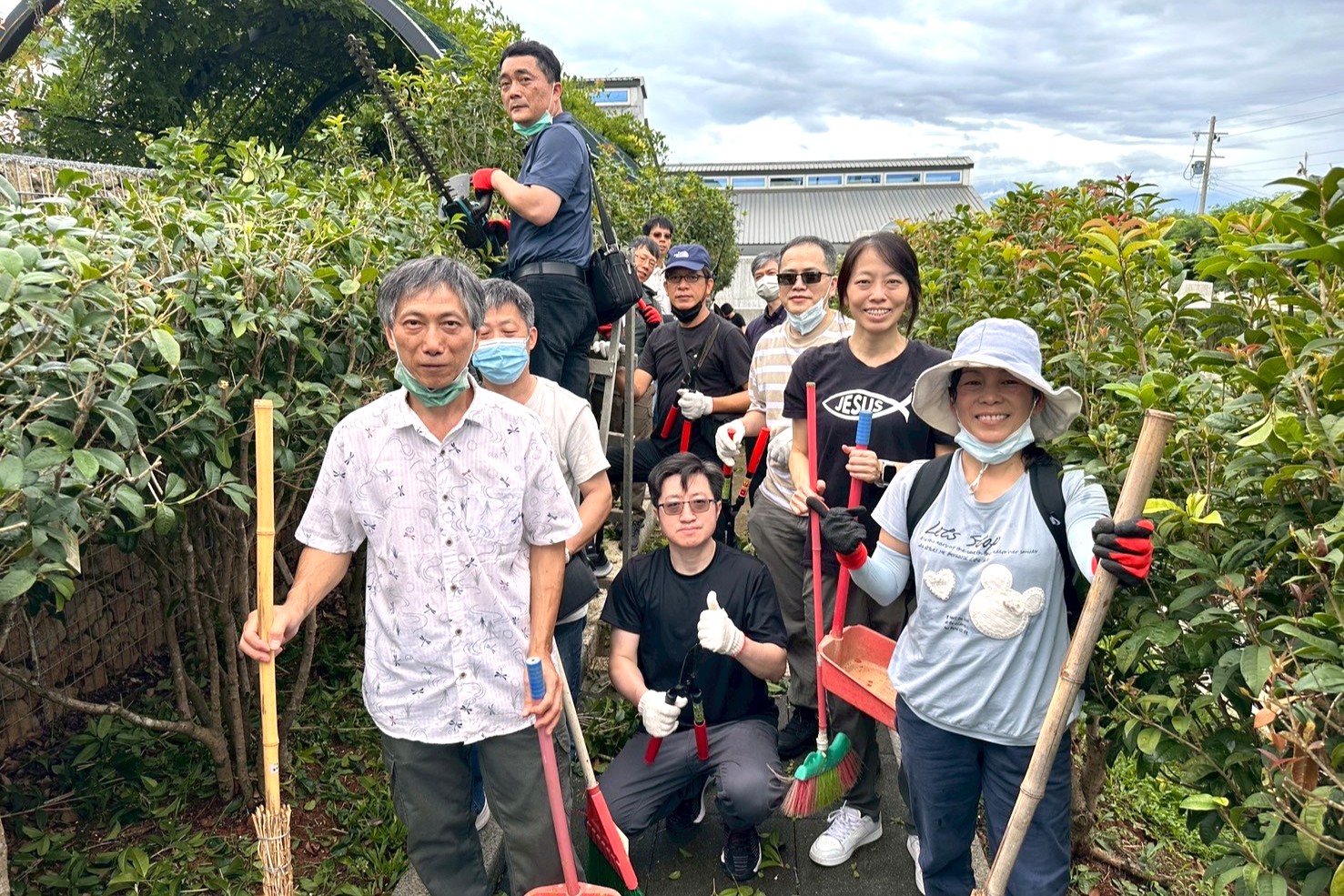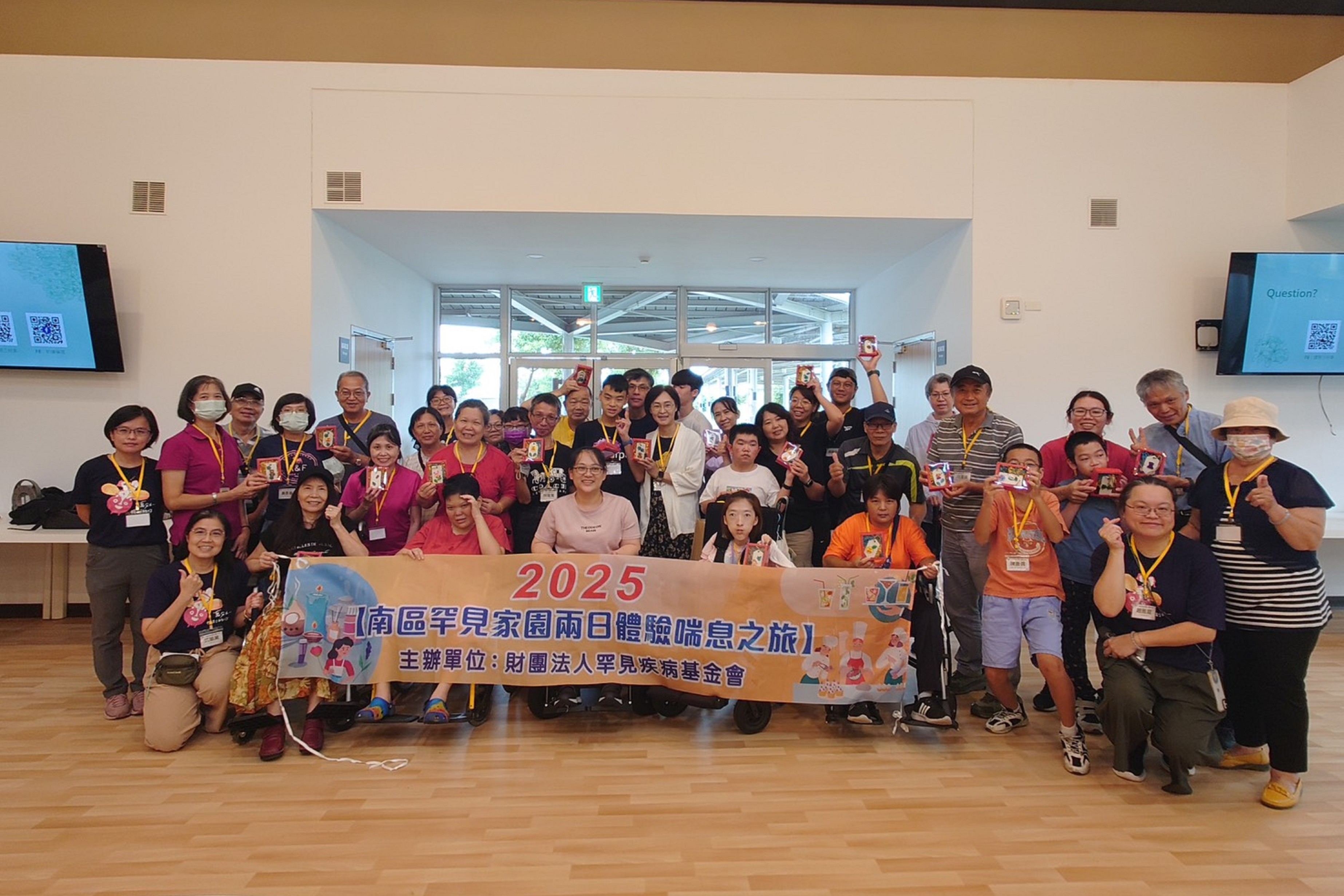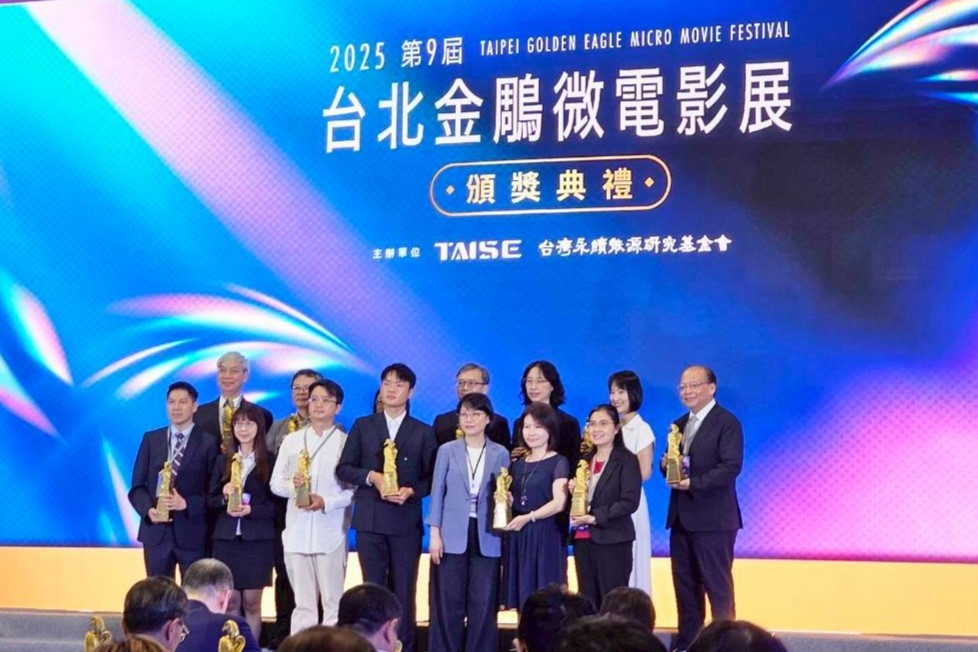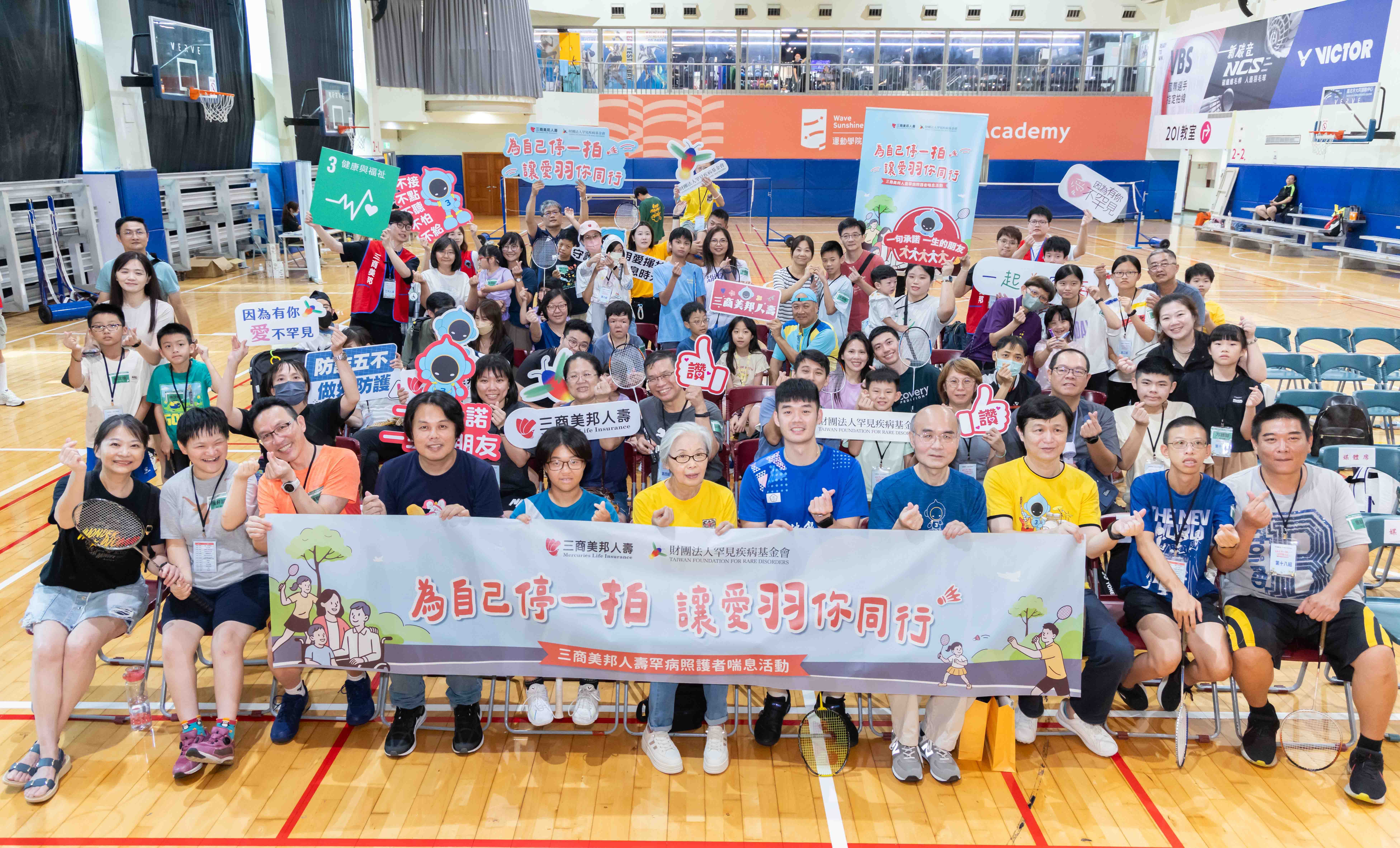News
TFRD Attended NORD 2006 Annual Conference
In September 2006, the 2006 NORD Annual Conference was held in the United States, which focused on the topic of " Road Map for Rare Diseases Research".
Our vice president, Pr. Min-Chieh Tseng and deputy executive director of TFRD, Ms. Kuan-Ju Chen attended this distinguished meeting. This is the first time TFRD attends NORD's annual conference. In the two-day conference, we met the president of NORD, Ms. Abbey Meyers, who has been very supportive to us since our establishment. When we asked her about her opinion regarding reimbursement of orphan drugs, she pointed out that European countries' intervention on the prices of orphan drugs can be taken as an example when pushing the pharmaceutical companies to lower the price of orphan drugs.
We also met Dr. Marlene Haffner, director of FDA Office of Orphan Products Development, and exchanged opinions with her regarding accelerating the approval of orphan drugs and their new drug development strategy in cooperation with Critical Path Institute, which led to the establishment of Predictive Safety Testing Consortium (PSTC) and Orphan Model Registry. Also, at the request of the U.S. Congressional House Appropriations Committee to address the development of diagnosis test for rare diseases, the Office of Rare Diseases (ORD) established the Collaboration, Education, and Test Translation (CETT) Program for Rare Genetic Diseases. This is a pilot program to promote new genetic test development and a better understanding of each rare disease.
From FDA and ORD's programs, we can see that the U.S. government has played a dominant role in research for rare diseases and orphan drugs. The U.S. government outlines and decides the directions of rare disease research and therefore encourages the designation of orphan drugs.
However, there's a gap between results of scientific research and patient's needs. In order to really meet patients' needs, NIH has been adjusting its direction of research while NORD helps to bring the latest research results and information of clinical trails to patients. NORD is the bridge between the government, research institutes, clinical trail centers and patients and it connects each one of them by providing patients research information and at the same time, reflects patients' needs to the government and researchers.
After attending this conference, we realize that we still need to strengthen our involvement in rare disease research and promote the communication between the government, researchers, and patients. Only through cooperation with the government, researchers and patients can we connect resources and really make patients' voice be heard and needs fulfilled.

